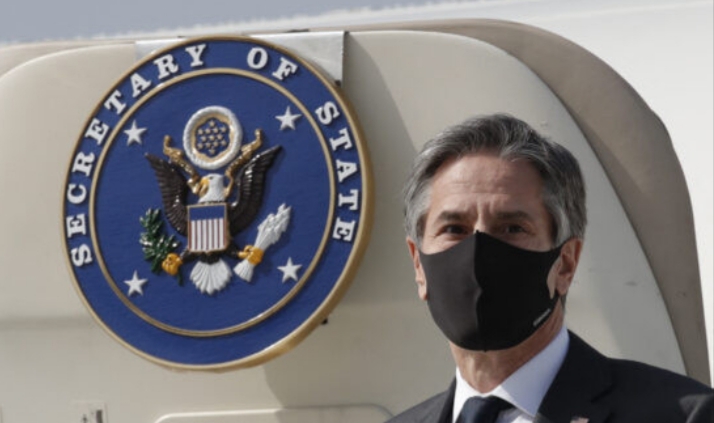24 Chinese and Hong Kong officials have been sanctioned by the United States over anti-democratic activities in Hong Kong, Asia’s financial hub.
WITHIN NIGERIA learnt that the sanctions were introduced under the Hong Kong Autonomy Act and signed into law by then President Trump last July over a national security law Beijing imposed on the former British colony.
Secretary of State Antony Blinken said in a statement that the latest sanctions were designed to underscore “our deep concern” at China’s legislature passing a resolution last week for more control over the city’s elections — which he said would “unilaterally undermine Hong Kong’s electoral system.”
“This action further undermines the high degree of autonomy promised to people in Hong Kong and denies Hong Kongers a voice in their own governance, a move that the United Kingdom has declared to be a breach of the Sino-British Joint Declaration,” Blinken said.
“A stable, prosperous Hong Kong that respects human rights, freedoms, and political pluralism serves the interests of Hong Kong, mainland China, and the broader international community.
“The United States stands united with our allies and partners in speaking out for the rights and freedoms of people in Hong Kong, and we will respond when [China] fails to meet its obligations.”
Among those named on the updated sanctions list are Tam Yiu-chung, the Hong Kong congressional delegate who drafted the National Security Law.
China and the US relations are at the lowest ebb right now as the US accuses China of genocide of Uighur Muslims, ractcheting tensions with Taiwan, cyber attacks, repression of democracy in Hong Kong, and unhealthy military activities in the South China Sea.
The sanctions comes as Blinken and national security adviser Jake Sullivan are due to meet this week in Alaska with senior Chinese officials in the first face-to-face discussions between diplomats from the U.S. and China since President Biden took office and the White House expects a tough first meeting with China in Alaska.

